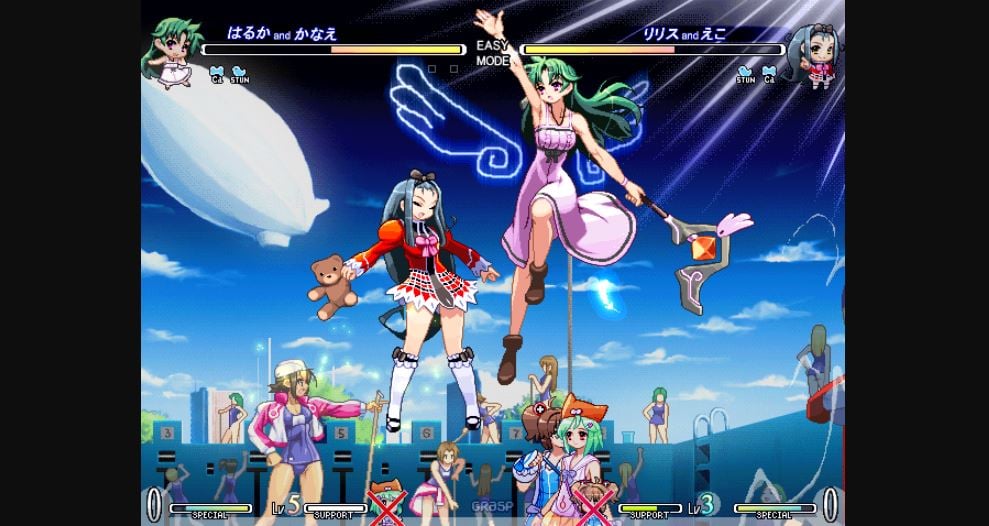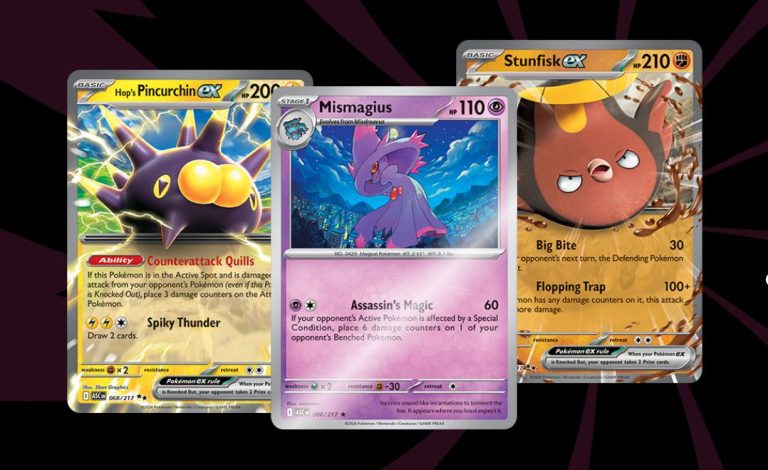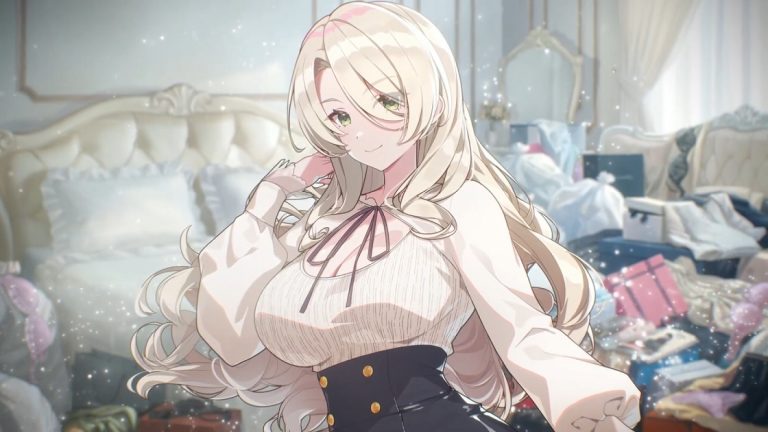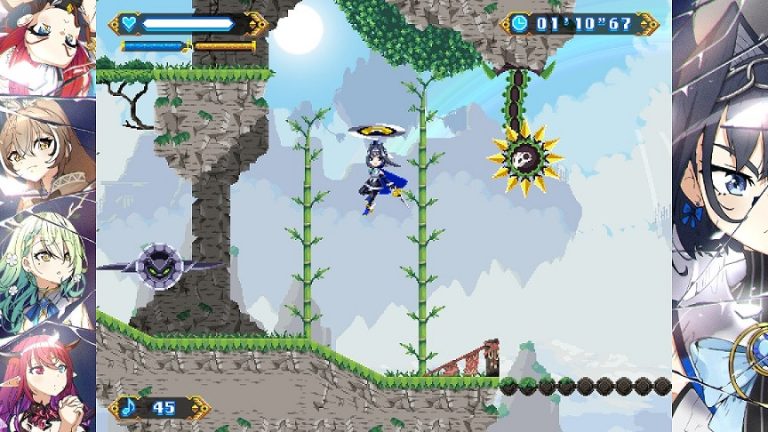San Francisco-based publisher eigoMANGA recently deleted a public statement in which it asserted exclusive ownership of the Vanguard Princess IP in both the US and Japan. The legitimacy of the statement was brought into question by Japanese game publication Game*Spark and fans of the franchise not long after it was published on May 21, which seemingly prompted eigoMANGA to retract the claims. At the time of writing, they have not offered any explanation or notice regarding the deletion of the statement.
Vanguard Princess is a 2D fighting game developed by Japanese solo developer Tomoaki Sugeno (nicknamed SUGE9) and released as freeware in 2009. Publisher eigoMANGA released a paid, censored version of the game in 2012 for the North American and European regions. However, Sugeno himself never made mention of the English version of the game before abandoning his dev blog and effectively disappearing from online spaces.
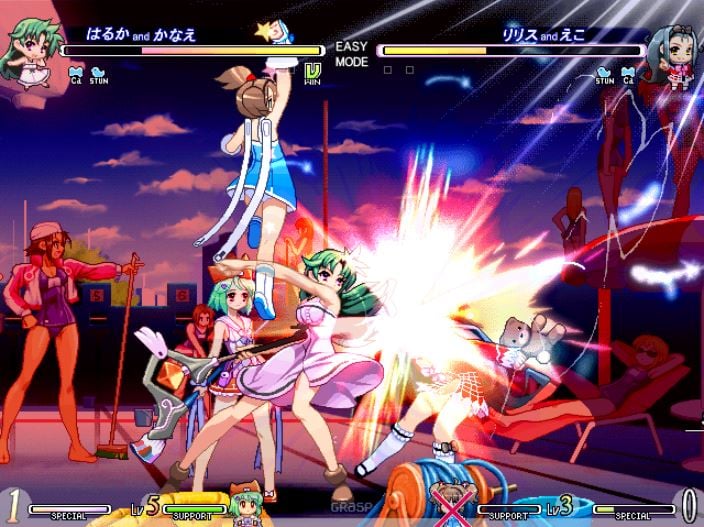
While eigoMANGA claimed it had been in contact with him and that profits were being shared as part of a license agreement, they have not provided any evidence of this to date. There were also concerns that their release violated the terms of use for the engine Vanguard Princess was built with (2D Fighting Maker 2nd), raising further distrust towards the company.
Then, last week, eigoMANGA suddenly announced that it was the sole legitimate rights holder and licensor of Vanguard Princess in both the US and Japan. As basis for its ownership in Japan, the publisher cited that it had obtained rights under Japan’s arbitration system for orphaned works. This system allows you to temporarily use works whose rights holders and unknown or unreachable, provided you pay a fee and go through necessary procedures. eigoMANGA was likely granted this right (which coincidentally proves they were not in contact with Sugeno).
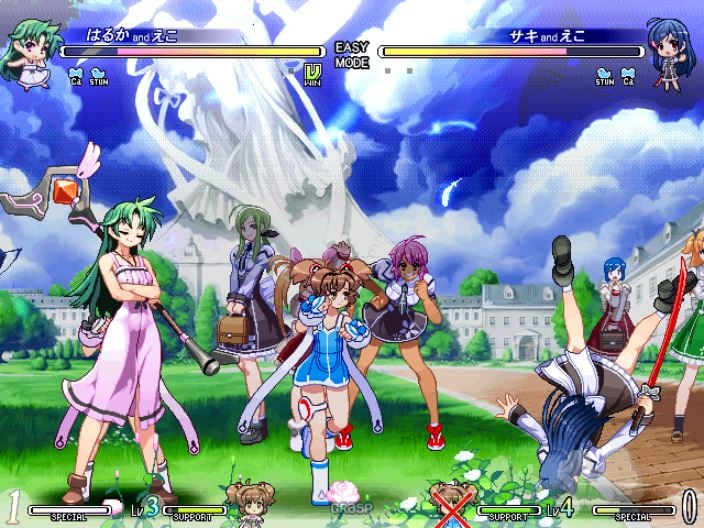
However, the issue is that Japan’s arbitration system does not grant exclusive rights to the applicant, meaning that the Vanguard Princess IP was not transferred to eigoMANGA, as confirmed by Japan’s Agency for Cultural Affairs (via inquiry by Game*Spark). As such, their claim of ownership suggests that they may have attempted to misrepresent the ruling.
Ultimately, eigoMANGA silently deleted its statement a few days later. The reason for the deletion is still unknown at present.

